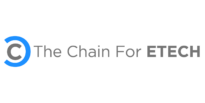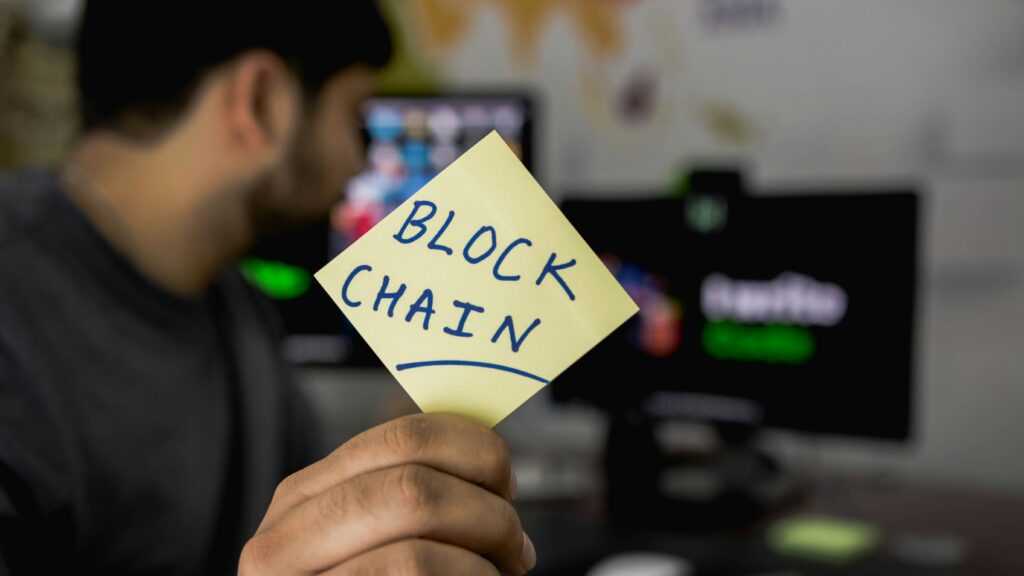Understanding Blockchain Technology
Blockchain technology is foundational to many recent advances in healthcare. This section explains what blockchain is, its key features, and its benefits in healthcare.
What Is Blockchain?
Blockchain is a digital ledger, decentralized and distributed, recording transactions across many computers. Each transaction forms a “block,” linked to the previous one, creating a chain. This system enhances data integrity and security because altering one block requires changing all subsequent blocks across the network, making fraudulent activities difficult.
Key Features of Blockchain
- Decentralization: Removes the need for a central authority. Each participant has access to the entire blockchain, increasing transparency.
- Immutability: Ensures records cannot be changed once added. This feature safeguards against data tampering and fraud.
- Consensus Mechanisms: Validates transactions through protocols like Proof of Work (PoW) or Proof of Stake (PoS). These mechanisms ensure that all participants agree on the legitimacy of transactions.
- Smart Contracts: Automates contract execution when specified conditions are met. These reduce the need for intermediaries and increase operational efficiency.
Benefits of Blockchain in Healthcare
Blockchain’s application in healthcare addresses several challenges.
- Data Security: Ensures patient records are securely stored and accessed only by authorized individuals. For example, medical history, treatments, and prescriptions become tamper-proof.
- Transparency: Tracks the entire lifecycle of pharmaceuticals, from manufacture to delivery. This increases trust and reduces counterfeit drugs.
- Data Integrity: Maintains accurate patient records. Once entered, data cannot be altered, ensuring reliability.
- Efficiency: Streamlines processes like patient data sharing and insurance claims. This reduces administrative burdens and costs.
Blockchain’s role in healthcare transforms industry practices by addressing critical issues such as security, transparency, and operational efficiency.
Recent Developments in Blockchain Applications

Recent advancements in blockchain are transforming various areas in healthcare. These developments aim to improve patient care, enhance transparency, and streamline operations.
Patient Data Management
Blockchain now offers secure, immutable records for patient data management. Implementations like MedRec provide decentralized data access, ensuring only authorized personnel can view records. Initiatives like Patientory integrate patient records across disparate systems, significantly improving data interoperability.
Drug Supply Chain Management
Blockchain enhances transparency in drug supply chains. Solutions like IBM’s Food Trust are now adapted for pharmaceuticals, enabling real-time tracking from manufacturer to end user. This helps combat counterfeit drugs and ensures product authenticity.
Clinical Trials and Research
Blockchain simplifies data management in clinical trials. Platforms like Triall.io ensure data integrity by timestamping records, reducing fraud. Decentralized frameworks streamline participant recruitment and data sharing, improving research efficiency and trustworthiness.
Health Insurance
Blockchain optimizes health insurance processes. Companies like Guardtime use blockchain to automate claim settlements, reducing fraud and processing time. Smart contracts facilitate seamless policy management, making the process more transparent and cost-effective.
Challenges and Limitations
Recent developments in blockchain for healthcare present several challenges and limitations that need addressing. These issues could impede widespread adoption.
Data Privacy Concerns
Handling data privacy is crucial in healthcare blockchain applications. Although blockchain offers enhanced security through encryption, it potentially exposes sensitive patient data if not managed correctly. Implementing privacy-preserving techniques like zero-knowledge proofs and differential privacy can help mitigate these concerns, but complexity and scalability remain hurdles.
Integration With Existing Systems
Integrating blockchain with existing healthcare systems presents a considerable challenge. Healthcare organizations have invested heavily in current IT infrastructures, making a switch to blockchain costly and complex. Interoperability issues arise when attempting to connect disparate systems, leading to potential data inconsistency and process disruptions. Successful integration requires careful planning, efficient bridging technologies, and substantial time and resources.
Regulatory and Compliance Issues
Blockchain technology faces stringent regulatory and compliance hurdles in the healthcare industry. Regulations like HIPAA in the US and GDPR in Europe impose strict rules on data handling and storage.
Blockchain’s immutable nature conflicts with the right to be forgotten, complicating compliance. Additionally, regulatory bodies are still adapting to blockchain technology, resulting in uncertainty and potential delays in approval processes. Balancing blockchain’s benefits with compliance mandates proves challenging for stakeholders.
Future Prospects and Innovations
Blockchain continues to advance within healthcare, opening new opportunities for growth and innovation.
Emerging Trends
Several emerging trends show blockchain’s increasing role in healthcare.
- Personal Health Records Management: New platforms enable patients to own and control their health data. Systems like Medicalchain offer patients secure access to their personal health records and the ability to share them with healthcare providers.
- Decentralized Clinical Trials: Blockchain facilitates decentralized clinical trials, reducing costs and improving data integrity. Companies like Triall.io are creating platforms to manage clinical trial data securely and transparently.
- Telemedicine Integration: Integrating blockchain with telemedicine systems enhances data security and patient privacy. Blockchain ensures secure exchanges of patient data during telehealth consultations.
Potential Impact on Global Healthcare
Blockchain technology has the potential to revolutionize global healthcare services.
- Enhanced Data Security: Blockchain strengthens data security, protecting against breaches and unauthorized access. By using cryptographic methods, it ensures that patient data remains confidential and tamper-proof.
- Interoperability: Blockchain promotes interoperability between healthcare systems across different countries. It fosters seamless data sharing, improving patient care and coordination among international healthcare providers.
- Cost Reduction: By automating claim settlements and reducing administrative overhead, blockchain helps lower healthcare costs globally. Payers and providers save time and resources through streamlined processes.
Experts’ Opinions and Predictions
Experts in blockchain and healthcare offer valuable insights into future developments.
- Adoption Rates: According to a Deloitte survey, 55% of healthcare executives view blockchain as a top-five strategic priority. Widespread adoption is predicted within the next five years.
- Regulatory Evolution: Experts anticipate changes in regulatory frameworks to accommodate blockchain. As governments recognize blockchain’s benefits for securing health data, regulations are expected to evolve accordingly.
- Investment Growth: Increased investment in blockchain healthcare startups reflects optimism. With funding from major investors and venture capitalists, innovations and large-scale applications are expected to accelerate.
Blockchain’s future in healthcare looks promising, with advancements in personal health records, decentralized trials, telemedicine, and enhanced data security continuing to drive global impact and expert predictions.



 Founder & CEO
Daniel Anderson is the visionary founder and CEO of the website, leading the charge in revolutionizing the crypto space. With a deep understanding of blockchain technology and years of experience in the industry, Daniel has established himself as a key figure in the cryptocurrency world. His passion for decentralization and financial innovation drives the platform’s mission to deliver cutting-edge insights and resources for crypto enthusiasts, traders, and investors. Under his leadership, the website has grown into a trusted hub for the latest trends, news, and developments in the digital asset space.
Founder & CEO
Daniel Anderson is the visionary founder and CEO of the website, leading the charge in revolutionizing the crypto space. With a deep understanding of blockchain technology and years of experience in the industry, Daniel has established himself as a key figure in the cryptocurrency world. His passion for decentralization and financial innovation drives the platform’s mission to deliver cutting-edge insights and resources for crypto enthusiasts, traders, and investors. Under his leadership, the website has grown into a trusted hub for the latest trends, news, and developments in the digital asset space.
